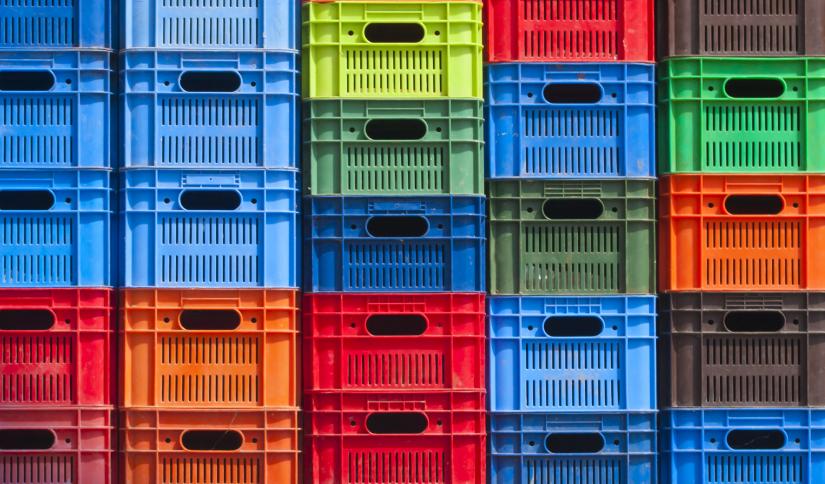ISF conducted a comparative study on behalf of CHEP, a global leader in sustainably moving goods, to quantify the true cost of single-use cardboard cartons/boxes (SCCs) versus reusable plastic crates (RPCs), with a focus on fresh produce. The true direct economic cost considers all costs along the supply chain, rather than simply unit and disposal cost.
Through taking a full economic approach – considering all hidden costs such as labour, fuel, and waste disposal – ISF was able to establish that it would be highly cost-efficient to switch from single use cartons to reusable crates. A number of cost-saving opportunities across the supply chain were established, including lower labour, shipping, and disposal costs, reduced product damage, and fewer workers compensation claims due to better ergonomic design. These savings outweighed the increased costs in other logistical aspects of reusable crates.
ISFs contribution to the project was invaluable since no other peer reviewed study had adopted a comparative economic cost approach across the full supply chain before.
Researchers
-
Adjunct Associate Professor
-
Research Director
-
Jenni Downes
-
Adjunct Professor
Year
- 2019
Location
- Australia
Client
- CHEP






